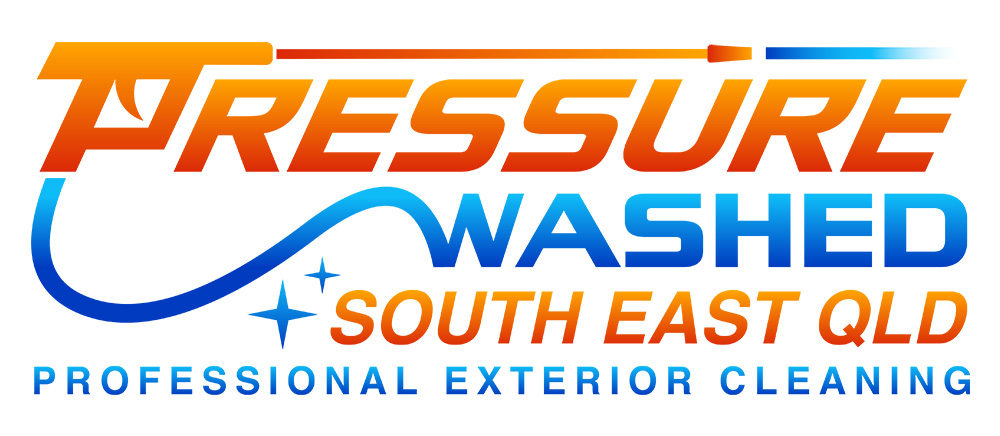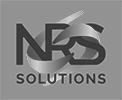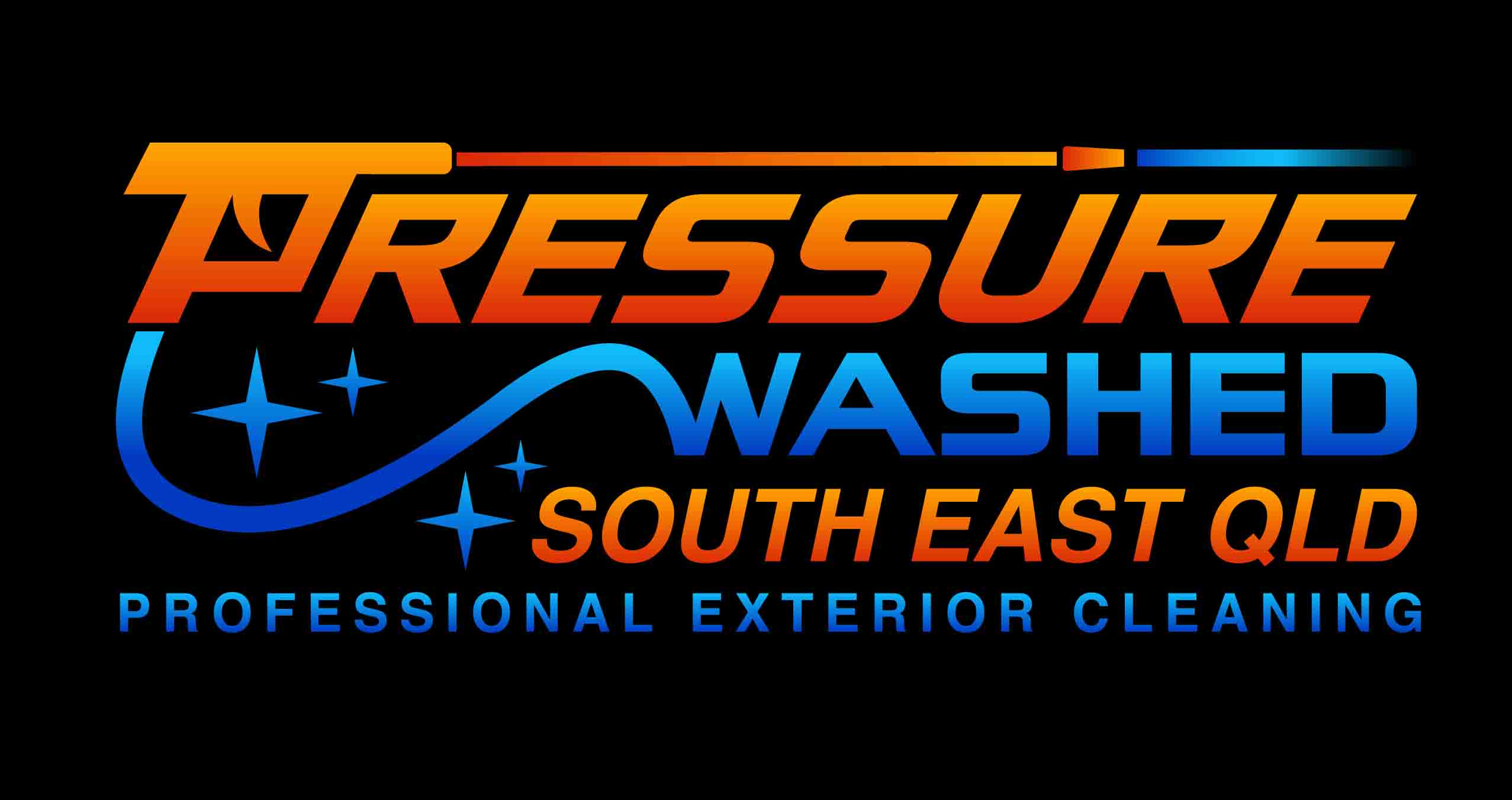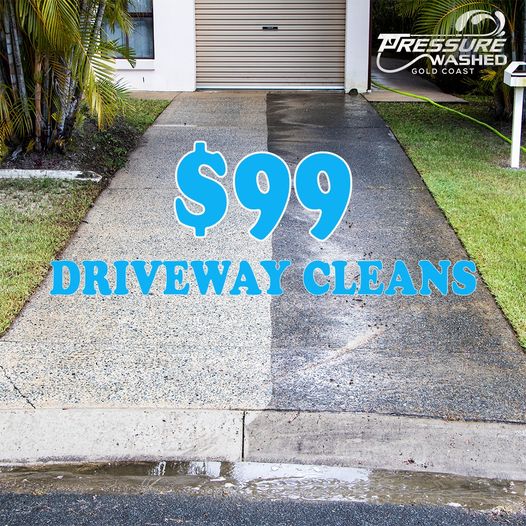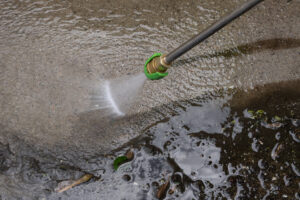
Are you following the rules? EPA Guidelines for Pressure Washing
Pressure cleaning, also known as Pressure washing, power washing or water blasting, is a popular method for cleaning outdoor surfaces such as driveways, patios, and sidewalks. However, it is important to follow the guidelines set by the Environmental Protection Agency (EPA) to ensure that the process is done safely and without harming the environment. Below are some of the EPA Guidelines for Pressure Washing -Queensland.
Use Water Wisely When Pressure Washing
Water is a precious resource, and it is important to use it wisely during pressure cleaning. Use the minimum amount of water required to clean the surface effectively. Avoid leaving the water running unnecessarily, and turn off the water when you are not using it.
Use Biodegradable Detergents
When using detergents during pressure cleaning, it is important to use biodegradable products. These products break down naturally and do not harm the environment. Avoid using harsh chemicals that can harm plants, animals, and waterways. Pressure Washed South East QLD uses locally made Biodegradable soaps.
Protect Storm Drains: EPA Guidelines for Water Run Off
Pressure cleaning can wash dirt, debris, and chemicals into storm drains, which can harm the environment. To prevent this, use a vacuum system to collect the water and debris, or block the storm drain with a barrier to prevent the runoff from entering. Particular care needs to be taken when cleaning roof’s.
Follow Local Regulations
Local regulations may vary regarding pressure cleaning, so it is important to check with your local authorities before beginning any cleaning project. Some areas may require permits or have specific guidelines for pressure cleaning. Some EPA Guidelines for Pressure washing in QLD can be found below
Proper Disposal of Waste Water for Pressure Cleaning
After pressure cleaning, it is important to properly dispose of the waste water. Do not allow the water to enter storm drains or bodies of water. Instead, collect the water and dispose of it in a sanitary sewer or other approved facility.
By following EPA Guidelines for Pressure Washing – Queensland, you can ensure that pressure cleaning is done safely and without harming the environment. Remember to always use water wisely, use biodegradable detergents, protect storm drains, follow local regulations, and properly dispose of waste water.
What are the provisions of the Environmental Protection Act regarding noise and water pollution?
The appropriate laws that cover these issues are; Section 440 of the Environmental Protection Act for nuisance issues and Section 440ZG of the Environmental Protection Act for contaminant release issues.
440 Offence of causing environmental nuisance (1) A person must not wilfully and unlawfully cause an environmental nuisance. Maximum penalty—1,665 penalty units. (2) A person must not unlawfully cause an environmental nuisance. Maximum penalty—600 penalty units. (3) This section does not apply to an environmental nuisance mentioned in schedule 1, part 1. (4) In a proceeding for an offence against subsection (1), if the court is not satisfied the defendant is guilty of the offence charged but is satisfied the defendant is guilty of an offence against subsection (2), the court may find the defendant guilty of the offence against subsection (2).
440ZG Depositing prescribed water contaminants in waters and related matters A person must not— (a) unlawfully deposit a prescribed water contaminant— (i) in waters; or (ii) in a roadside gutter or stormwater drainage; or (iii) at another place, and in a way, so that the contaminant could reasonably be expected to wash, blow, fall or otherwise move into waters, a roadside gutter or stormwater drainage; or Example of a place for subparagraph (iii)— a building site where soil may be washed into an adjacent roadside gutter (b) unlawfully release stormwater run-off into waters, a roadside gutter or stormwater drainage that results in the build-up of earth in waters, a roadside gutter or stormwater drainage. Maximum penalty— (a) if the deposit or release is done wilfully—1,665 penalty units; or (b) otherwise—600 penalty units. Note— See section 493A (When environmental harm or related acts are unlawful).
Conclusion – EPA Guidelines for Pressure Washing in Queensland
In conclusion, pressure cleaning can be an effective way to clean outdoor surfaces, but it is important to follow the guidelines set by the EPA to ensure that it is done safely and without harming the environment. The guidelines include using water wisely, using biodegradable detergents, protecting storm drains, following local regulations, and properly disposing of waste water. It is also important to be aware of the provisions of the Environmental Protection Act regarding noise and water pollution, which can result in penalties for those who unlawfully cause environmental nuisances or deposit prescribed water contaminants in waters. By following the guidelines and laws, we can all do our part in protecting the environment while keeping our outdoor surfaces clean.
Thank you for taking the time to read my blog post. I sincerely hope that you found it both informative and engaging. For more valuable content, I invite you to visit the blog page on my website at www.pressurewashed.com.au
To have your external cleaning done by professionals call Pressure Washed South East QLD. Visit https://pressurewashed.com.au or call 0487 000 328
